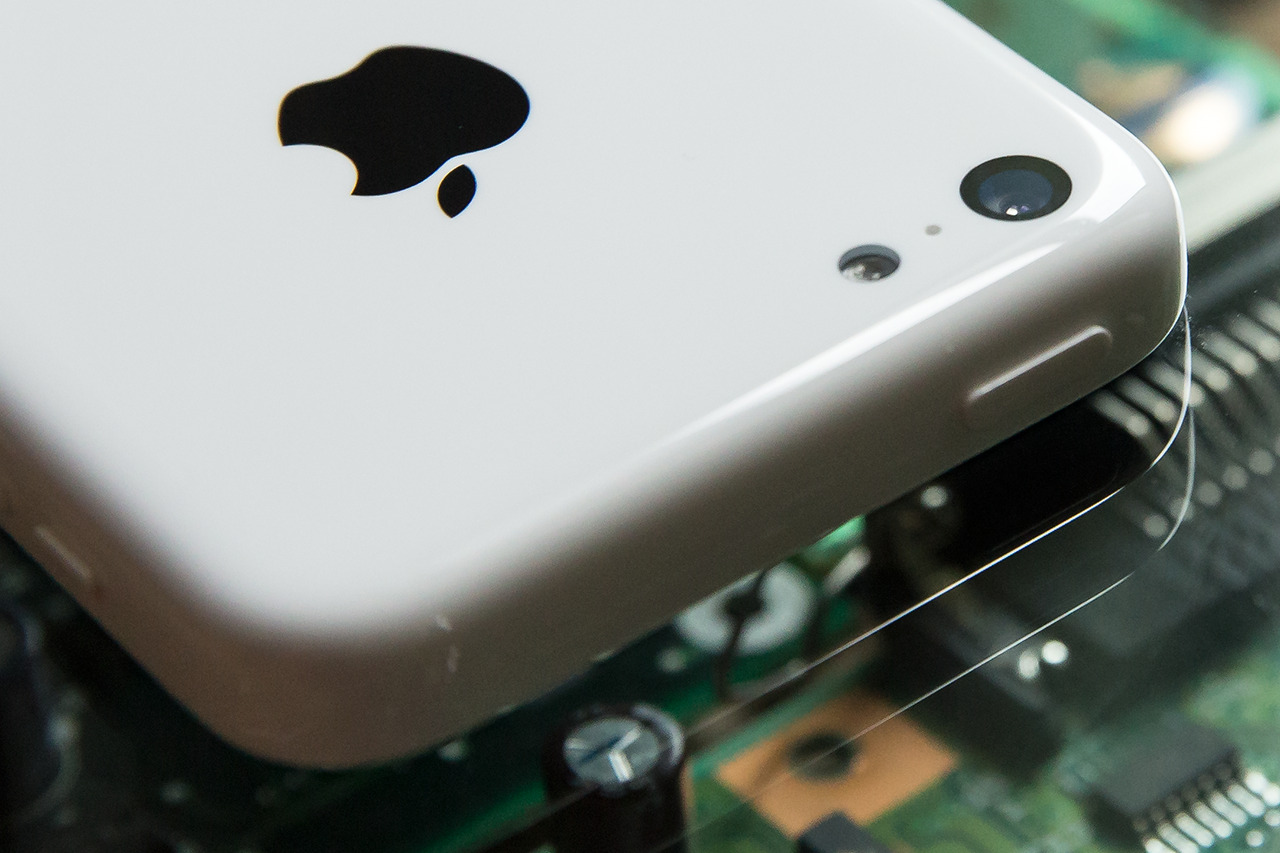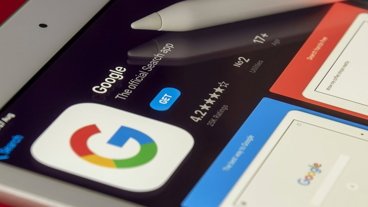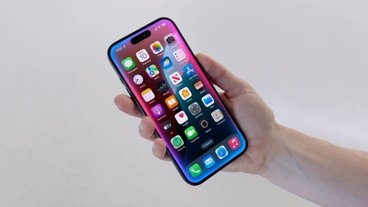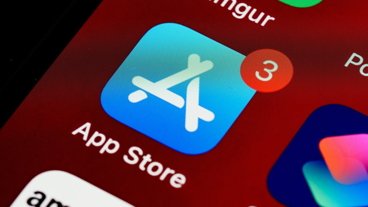Should it successfully refuse a court order to help the FBI unlock Syed Farook's iPhone, Apple will continue to strengthen its encryption, a report said on Wednesday, citing an anonymous Apple executive.
An Apple spokesperson declined to comment on the record to Reuters, and wouldn't say how Apple might make improvements. But they did suggest that Apple plans to strengthen its encryption, particularly if it wins its ongoing dispute with the U.S. government.
Two other sources within the company, however, stated that Apple doesn't intend to take things to an extreme where it can't access any device data whatsoever. Reuters used the analogy of cloud storage provider Box, which aims for a "zero-knowledge state" about customer data.
iOS 8 and 9 already offer full-disk encryption, which Apple claims is so tough that it can't supply a key, even when served with a warrant. The FBI is taking a different tack — asking Apple not to unlock Farook's iPhone directly, but to supply a way of disabling the passcode retry limit so investigators can brute-force access. With the limit on, Farook's device is set to automatically erase itself after a set number of failed attempts.
Apple has maintained that if it offers a means around the retry limit, that would compromise iOS security for everyone. The FBI could in theory reuse the code to gain access to any other iOS device, with or without a warrant, and share it with other organizations like the National Security Agency. The FBI has said that its interest is only in Farook's phone.
On the legal front, Apple is expected to call for protection under the First Amendment with the claim that computer code is speech. Under that view, by forcing Apple to write software against its will, the FBI could be seen as trying to compel speech.
 Roger Fingas
Roger Fingas








 Malcolm Owen
Malcolm Owen
 Amber Neely
Amber Neely


 Christine McKee
Christine McKee

 Chip Loder
Chip Loder
 Marko Zivkovic
Marko Zivkovic









48 Comments
The iPhoe is quickly becoming the terrorists phon of choice.
Tim Cook is going to see a ice little spike in sales.
Terrorists now know that Apple has their back.
Just remove the DFU mode and replace the bricked devices instead of DFU...
The terrorist phone of the 21th century.